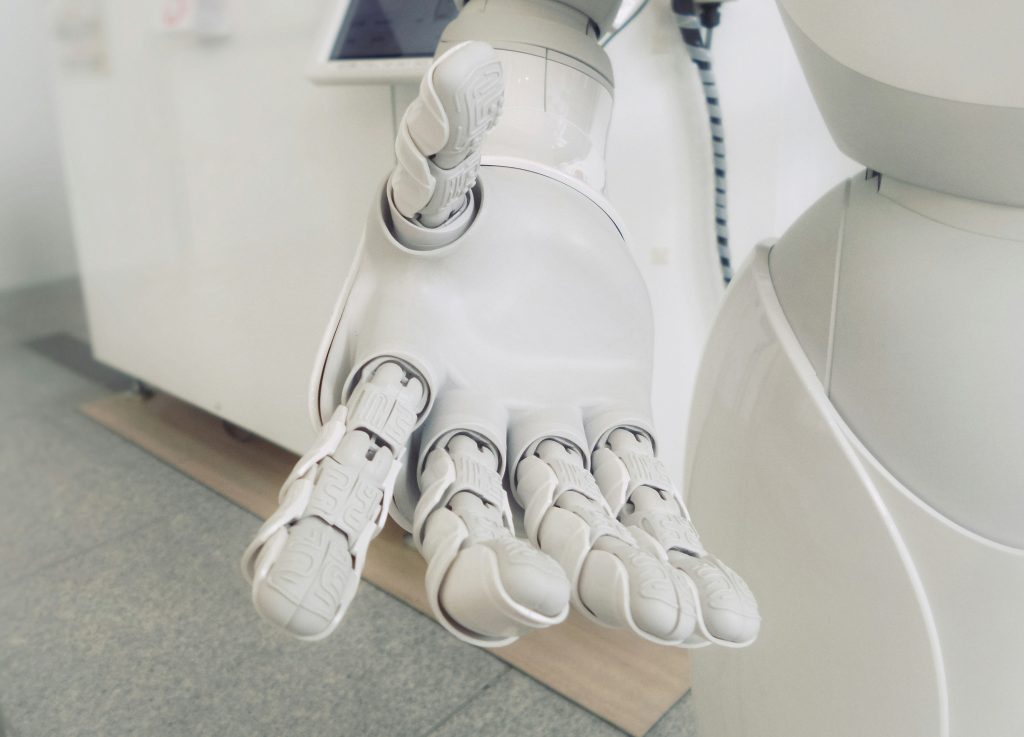The Benefits and Drawbacks of Artificial Intelligence in Healthcare

I. Introduction
Artificial Intelligence (AI) has rapidly emerged as a transformative force in various industries, and healthcare is no exception. The integration of AI in healthcare has the potential to revolutionize the way medical services are delivered, from diagnosis and treatment to patient care and monitoring. However, as with any technological advancement, the adoption of AI in healthcare also presents a range of benefits and drawbacks that must be carefully considered.
This essay aims to provide a comprehensive analysis of the benefits and drawbacks of artificial intelligence in healthcare, offering a balanced perspective on this topic.
II. Benefits of Artificial Intelligence in Healthcare
A. Improved Diagnostics and Treatment
One of the most significant benefits of AI in healthcare is its ability to enhance diagnostic accuracy and streamline treatment planning. AI algorithms can process vast amounts of medical data, including patient records, test results, and imaging scans, to identify patterns and make predictions that human clinicians may overlook. This can lead to earlier and more accurate diagnoses, as well as personalized treatment plans tailored to each patient’s unique needs.
For example, AI-powered systems can analyze medical images, such as X-rays and MRI scans, with greater precision and consistency than human radiologists, detecting subtle abnormalities that may indicate the presence of diseases or conditions.
B. Enhanced Patient Care and Monitoring
AI has the potential to significantly improve patient care and monitoring by providing real-time insights and proactive interventions. AI-enabled systems can continuously monitor patient vital signs, medication adherence, and other health indicators, alerting healthcare professionals to potential issues or changes in a patient’s condition.
Moreover, AI can assist in the management of chronic diseases, such as diabetes and heart conditions, by analyzing patient data and providing personalized recommendations for lifestyle changes, medication adjustments, or other interventions to improve outcomes.
C. Efficiency and Cost Reduction
The integration of AI in healthcare can lead to increased efficiency and cost savings by automating repetitive tasks, reducing administrative burdens, and optimizing resource allocation. AI-powered systems can streamline processes such as scheduling appointments, managing medical records, and processing insurance claims, freeing up healthcare professionals to focus on direct patient care.
Additionally, AI can help optimize the utilization of healthcare resources, such as hospital beds and medical equipment, by predicting demand and identifying potential bottlenecks or areas for improvement.
III. Drawbacks of Artificial Intelligence in Healthcare
A. Data Privacy and Security Concerns
One of the primary concerns surrounding the use of AI in healthcare is the potential risk to patient data privacy and security. AI systems rely on vast amounts of sensitive medical data to function effectively, raising concerns about data breaches, unauthorized access, and misuse of personal information.
Ensuring the protection of patient data is crucial, as a breach could have severe consequences, including legal implications, loss of public trust, and potential harm to individuals. Robust data security measures and strict privacy protocols must be implemented to mitigate these risks.
B. Ethical and Legal Implications
The integration of AI in healthcare also presents ethical and legal challenges that need to be addressed. AI systems may face biases or make decisions that could have significant implications for patient well-being, raising questions about accountability, liability, and ethical decision-making.
For instance, if an AI system makes an incorrect diagnosis or treatment recommendation that leads to patient harm, determining who is responsible – the healthcare provider, the AI developer, or the healthcare institution – can be complex and legally challenging.
C. Dependency and Human Oversight
While AI can be a powerful tool in healthcare, there is a risk of over-reliance on these systems, potentially leading to a loss of human expertise and critical thinking skills. Healthcare professionals must maintain a level of human oversight and engage in continuous learning to ensure that AI systems are used as decision support tools rather than complete replacements for human judgment.
Additionally, AI systems may struggle to adapt to unique or rare medical cases, as they are trained on existing data and patterns. Human clinicians’ knowledge, experience, and intuition remain invaluable in addressing complex or novel situations.


